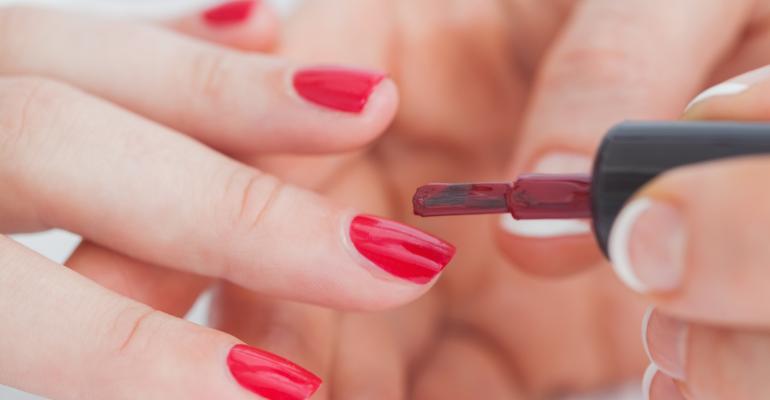(Bloomberg Gadfly)—DSW Inc., the big-box shoe seller, is not exactly one of retail's most closely watched companies. At nearly $3 billion in annual sales, it's not quite a behemoth, and it hasn't been on the leading edge of e-commerce.
But if you're trying to map the industry's future, this is a company you ought to start watching.
DSW is effectively becoming a small-scale laboratory for several of the strategies its larger rivals are embracing as they try to ward off the retail apocalypse. The success or failure of such experiments at DSW may offer clues as to whether they'll work on a grander scale.
Like many of its retailing counterparts, DSW has had a tough time thriving in the current shopping environment, in which mall visits are declining and consumers are often choosing to shell out for gadgets and beauty products instead of apparel and accessories.
DSW's challenges were evident when it reported its full-year and fourth-quarter earnings results on Tuesday. While its quarterly comparable sales grew 1.3 percent over a year earlier, sales on this measure declined for the full year, marking the second straight annual decline.
To pump up sales, DSW is piloting a new store design that lets it offer more styles and hold deeper inventory of certain key items. But, perhaps more importantly, this pilot store is also outfitted to offer manicures and shoe-repair services, giving shoppers more reason to visit.
DSW plans to introduce these features to more locations in the year ahead, and no wonder: Executives said Tuesday the test store's comparable sales improved dramatically after making these changes.
Bigger chains are also expanding services to try to lure customers back to their stores. Nordstrom Inc., for example, is testing a concept called Nordstrom Local, a small-format location that holds no inventory but offers stylist appointments and manicures. If DSW can bring more traffic to its stores this way, then more retailers might feel emboldened to try something similar.
DSW also plans to overhaul its rewards program this year -- no small undertaking for a brand that got some 90 percent of its sales from loyalty members in 2016. Instead of just offering points on each transaction, the new plan will be loaded with new perks and award points for things such as shoe donations and repairs.
Again, other retailers are also trying to wring more sales out of loyal customers this way. Kohl's Corp. plans to revamp its rewards program this year, and Macy's Inc. reworked its loyalty offering last year. If DSW can boost dollars spent per loyalty customer, then other retailers might get a sense of the kind of benefits that are stickiest these days.
Finally, DSW plans to continue to invest in the athleisure shoe business. That's a potentially risky proposition when the likes of Nike Inc. and Under Armour Inc. are increasingly trying to bring customers to their own brick-and-mortar stores and websites for such goods.
DSW's ability (or inability) to retain share in this category might tell us something about how well those efforts by mega-brands are working.
To be sure, I'm not saying I'm confident DSW will get all or any of this right. This is a company that announced Tuesday it is liquidating the Ebuys business it agreed to buy for $62.5 million just two years ago. Clearly, it's plenty capable of serious strategic whiffs.
But it is trying the kinds of things on which its bigger rivals are staking their futures. Its success or failure will be instructive.
This column does not necessarily reflect the opinion of Bloomberg LP and its owners.
Sarah Halzack is a Bloomberg Gadfly columnist covering the consumer and retail industries. She was previously a national retail reporter for the Washington Post.
To contact the author of this story: Sarah Halzack in Washington at [email protected] To contact the editor responsible for this story: Mark Gongloff at [email protected]
COPYRIGHT
© 2018 Bloomberg L.P

